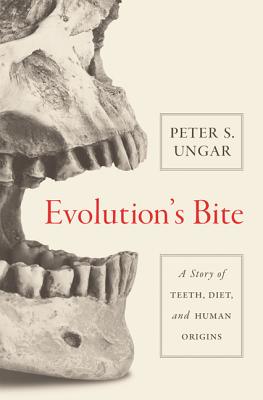Expedite your nonfiction book discovery process with Readara interviews, summaries and recommendations, Broaden your knowledge and gain insights from leading experts and scholars
In-depth, hour-long interviews with notable nonfiction authors, Gain new perspectives and ideas from the writer’s expertise and research, Valuable resource for readers and researchers
Optimize your book discovery process, Four-to eight-page summaries prepared by subject matter experts, Quickly review the book’s central messages and range of content
Books are handpicked covering a wide range of important categories and topics, Selected authors are subject experts, field professionals, or distinguished academics
Our editorial team includes books offering insights, unique views and researched-narratives in categories, Trade shows and book fairs, Book signings and in person author talks,Webinars and online events
Connect with editors and designers,Discover PR & marketing services providers, Source printers and related service providers

Evolution's Bite: A Story of Teeth, Diet, and Human Origins
Science > Life Sciences - Evolution
- Princeton University Press
- Paperback
- 9780691182834
- 9 X 5.7 X 0.9 inches
- 0.85 pounds
- Science > Life Sciences - Evolution
- (Single Author) Asian American
- English
Readara.com
Book Description
Author Bio
Peter Ungar serves as Distinguished Professor of Anthropology and Director of the Environmental Dynamics PhD Program at the University of Arkansas. He received his PhD in Anthropological Sciences from Stony Brook University and taught Gross Anatomy in the medical schools at Johns Hopkins and Duke before joining the University of Arkansas faculty in 1995.
He is an Honorary Professorial Research Fellow of the Evolutionary Studies Institute at the University of the Witwatersrand in Johannesburg, South Africa, and has served as visiting faculty at Flinders University in Adelaide, Australia, the University of Helsinki in Finland, and Southwest Jiaotong University in Chengdu, China.
Research Interests
Ungar is known primarily for his work reconstructing diet and environments from fossil teeth. He has spent thousands of hours observing wild apes and other primates in the forests of Latin America and Indonesia, studied fossils from tyrannosaurids to Neandertals, and developed new techniques for using surface analysis technologies to tease information about ecology and evolution from tooth shape and patterns of use wear. He has also conducted research on oral health of the Hadza peoples of Tanzania, the last remaining hunter-gatherers in Africa.
His current work focuses on using tools developed for analyzing fossil teeth to 1) study impacts of climate change on the ecology of Arctic mammals and 2) document and monitor dental pathologies in a clinical setting.
Education
- B.A., Anthropology, State University of New York at Binghamton
- M.A. and Ph.D., Anthropological Sciences, State University of New York at Stony Brook
Source: University of Arkansas
Videos






Community reviews
No Community reviews

